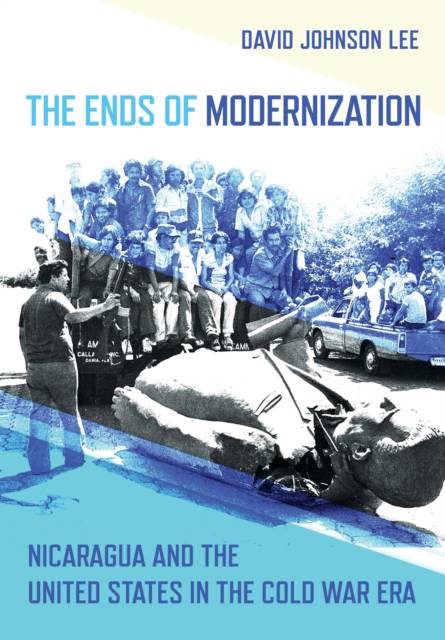
- Retrait gratuit dans votre magasin Club
- 7.000.000 titres dans notre catalogue
- Payer en toute sécurité
- Toujours un magasin près de chez vous
- Retrait gratuit dans votre magasin Club
- 7.000.0000 titres dans notre catalogue
- Payer en toute sécurité
- Toujours un magasin près de chez vous
Description
The Ends of Modernization studies the relations between Nicaragua and the United States in the crucial years during and after the Cold War. David Johnson Lee charts the transformation of the ideals of modernization, national autonomy, and planned development as they gave way to human rights protection, neoliberalism, and sustainability. Using archival material, newspapers, literature, and interviews with historical actors in countries across Latin America, the United States, and Europe, Lee demonstrates how conflict between the United States and Nicaragua shaped larger international development policy and transformed the Cold War.
In Nicaragua, the backlash to modernization took the form of the Sandinista Revolution which ousted President Anastasio Somoza Debayle in July 1979. In the wake of the earlier reconstruction of Managua after the devastating 1972 earthquake and instigated by the revolutionary shift of power in the city, the Sandinista Revolution incited radical changes that challenged the frankly ideological and economic motivations of modernization. In response to threats to its ideological dominance regionally and globally, the United States began to promote new paradigms of development built around human rights, entrepreneurial internationalism, indigenous rights, and sustainable development.
Lee traces the ways Nicaraguans made their country central to the contest over development ideals beginning in the 1960s, transforming how political and economic development were imagined worldwide. By illustrating how ideas about ecology and sustainable development became linked to geopolitical conflict during and after the Cold War, The Ends of Modernization provides a history of the late Cold War that connects the contest between the two then-prevailing superpowers to trends that shape our present, globalized, multipolar world.
Spécifications
Parties prenantes
- Auteur(s) :
- Editeur:
Contenu
- Nombre de pages :
- 270
- Langue:
- Anglais
- Collection :
Caractéristiques
- EAN:
- 9781501756214
- Date de parution :
- 15-08-21
- Format:
- Livre relié
- Format numérique:
- Genaaid
- Dimensions :
- 152 mm x 229 mm
- Poids :
- 566 g

Les avis
Nous publions uniquement les avis qui respectent les conditions requises. Consultez nos conditions pour les avis.






